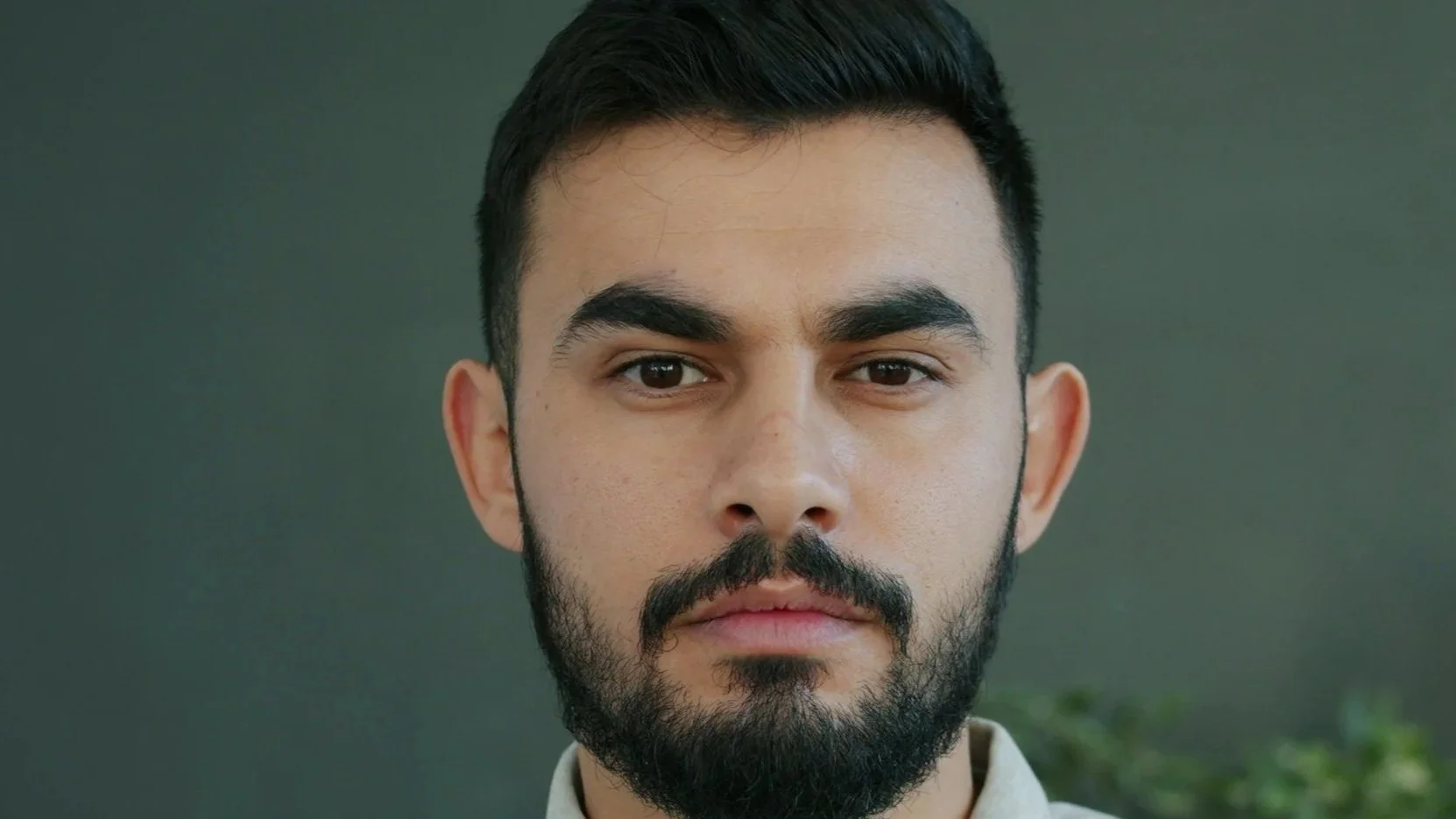Our Expertise
Our team of qualified clinical psychologists specialises in a wide range of therapeutic areas. Whatever challenges you're facing, we're here to provide professional, compassionate support tailored to your unique needs.
-

Anxiety
Feeling anxious from time to time is part of being human. But when anxiety becomes overwhelming, persistent, or difficult to control, it can take over daily life.
-

Panic
A panic attack can come on suddenly, leaving you feeling overwhelmed and out of control. Panic is frightening, but it is also highly treatable with therapy.
-

Social Anxiety
Social anxiety is more than feeling shy. It’s a persistent fear of being judged, criticised, or embarrassed in social situations.
-

Phobias
Phobias are intense, often irrational fears that trigger strong emotional and physical reactions.
-

PTSD
After a traumatic experience, it’s natural to feel shaken, fearful, unsettled or angry. For many people, these feelings fade with time.
-

Burnout
Burnout is more than being tired - it’s a deep state of emotional, mental, and physical exhaustion. It often develops gradually in people facing relentless demands at work, home, or both.
-

Depression
Everyone experiences low mood at times, but depression is more than feeling sad. It is a persistent state that can drain energy and make even simple tasks feel overwhelming.
-

Stress
Stress is part of everyday life - a natural response to demands and challenges. In short bursts, stress can sharpen focus and motivate action.
-

Perinatal Mental Health
Pregnancy and the postnatal period are often described as joyful times, yet many people find them emotionally challenging.
-

OCD
Obsessive-Compulsive Disorder (OCD) can feel exhausting and isolating. You may find yourself caught in repetitive thoughts or rituals you cannot control.
-

Low Self-Esteem
Low self-esteem can shape how you see yourself and the world around you. You may find yourself doubting your abilities or comparing yourself unfavourably to others.
-

Living with Grief
Losing someone or something deeply valued can leave you feeling unmoored. You may find yourself caught between waves of sorrow, anger, guilt, or emptiness.
-

Living with Cancer
A cancer diagnosis can be life-changing, not only physically but emotionally. Alongside medical treatment, many people face fear, uncertainty, sadness, or anger.
-

Cognitive Behavioural Therapy (CBT)
CBT is a structured, collaborative therapy that explores the links between thoughts, emotions, behaviours, and physical responses, offering practical tools for change.
-

Acceptance & Commitment Therapy (ACT)
ACT emphasises psychological flexibility: learning to notice and make space for difficult internal experiences while committing to actions that align with your values.
-

Compassion-Focused Therapy (CFT)
CFT supports people facing shame, self-criticism, and difficult emotions by cultivating a kinder inner voice and building resilience through compassion practices.
-

Eye Movement Desensitisation and Reprocessing (EMDR)
Eye Movement Desensitisation and Reprocessing (EMDR) is a structured, evidence-based therapy recommended by NICE for PTSD, helping people process traumatic memories
-

Cognitive Analytic Therapy
CAT is a collaborative, time-limited therapy that blends cognitive and relational techniques to identify patterns, make links between past and present, and build new ways of coping.
-

Trauma Therapies
Trauma therapies use evidence-based approaches to process overwhelming experiences, regulate emotions, restore a sense of safety, control, and resilience in daily life.
-

Interpersonal Therapy (IPT)
IPT is a structured therapy focusing on relationships, life transitions, and communication patterns, aiming to reduce distress and strengthen support networks.
-

Psychodynamic Therapy
Psychodynamic therapy explores how early experiences, unconscious processes, and unresolved conflicts shape current relationships and emotions, fostering insight and change.
-

Mindfulness
Mindfulness involves developing present-moment awareness and acceptance, often combined with compassion training to increase emotional balance and resilience.
-

Mentalisation-Based Therapy
MBT is a therapy that strengthens the ability to mentalise - to reflect on your own and others’ thoughts, feelings, and intentions - improving stability and relationships.
-

Schema Theray
Schema Therapy helps identify and change long-standing patterns, or “schemas,” formed in early life, combining cognitive, behavioural, and relational techniques to support change.
-

Dynamic Interpersonal Therapy
DIT is a time-limited therapy that explores how relationship patterns contribute to emotional difficulties, helping you develop new ways of relating and improving wellbeing.
